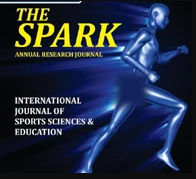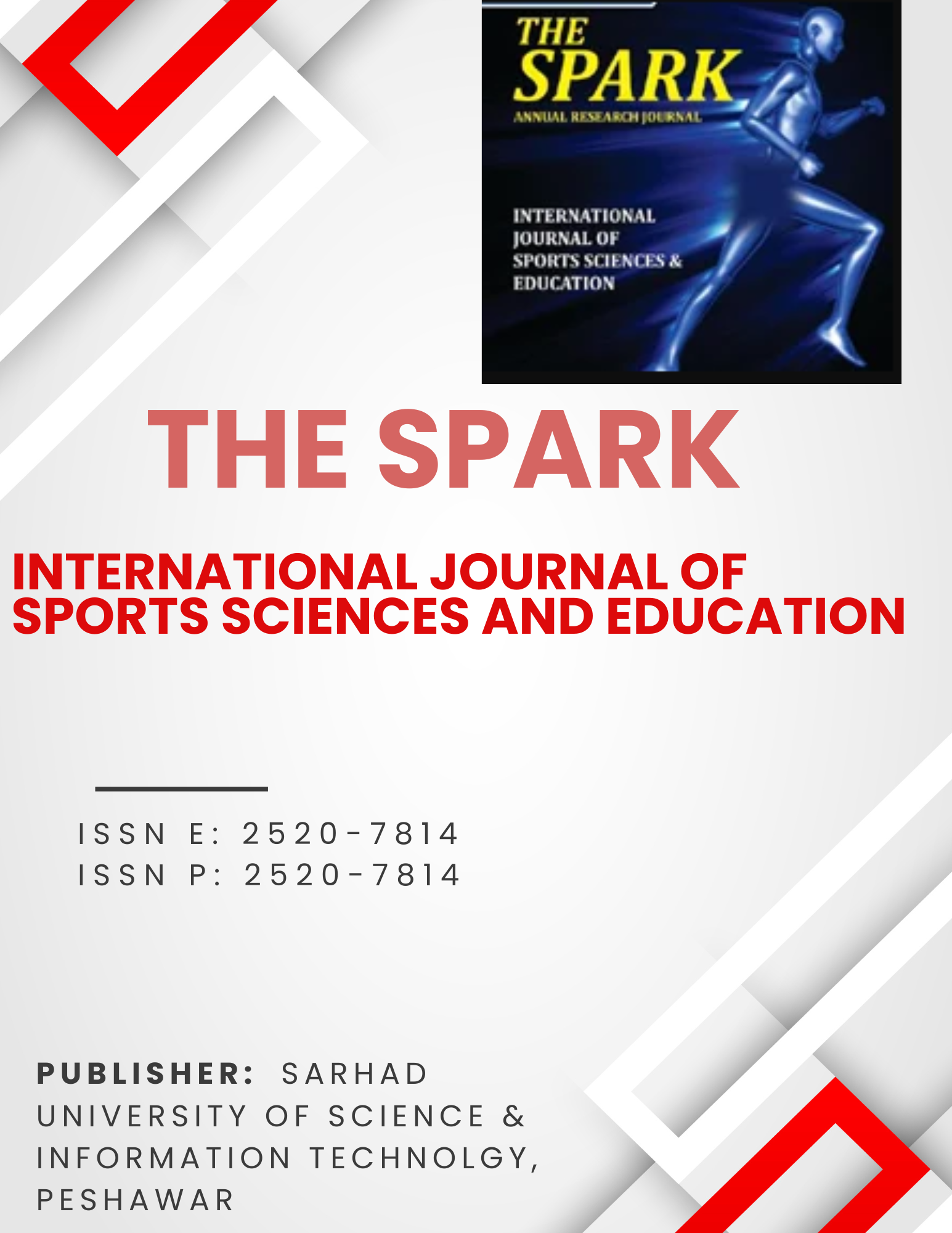Effects of Visionary Coaching Style on Goal Setting and Physical Conditioning of National Field Hockey Players
Abstract
Coaches need to help teams develop a greater sense of purpose by linking efforts to successful outcomes and it is important that athletes responsible for goal setting and physical conditioning plan sessions that make effective use of the limited time with available resources. The main objective of this particular study is to find out the effects of visionary coaching style on goal setting and physical conditioning of national hockey players. The cross-sectional quantitative research study was conducted with 300 competitive respondents (200 male and 100 female field hockey players) aged between 16 to 30 years from the province of KPK and Punjab, Pakistan. The sample is drawn from the population using the Rao Soft formula with a non-probability convenient sampling technique. The adapted tool used for data collection of the independent variable “Visionary leadership/coaching scale” Followed by (Cascio, 2012), a Self-designed 5-point Likert scale tool with 20 items used for data collection of dependent variable goal setting and physical conditioning. Cronbach’s α = level is 0.894. The appropriate statistical methods to test the hypotheses such as mean, SD, ANOVA, correlation, and linear regression analysis, to test the hypothesis on SPSS 17. Visionary coaching has positive significant effects on field hockey players for achieving goals and improving physical condition. Players’ goal setting and physical conditioning are improved also by visionary coaching. Finally, coaches should be aware of the acquisition and sharing of knowledge between hockey players, and coaches should provide the motivation and support of optimal resources, with special skills for inspiring their players.
Downloads
Published
How to Cite
Issue
Section
License
Submission of an original manuscript to the Journal will be taken to mean that it represents original work not previously published, that it is not being considered elsewhere for publication. And if accepted for publication, it will be published in print and online and it will not be published elsewhere.
The journal main policy reflects in its stance that the publication of scholarly research is exclusively meant to disseminate knowledge and not-for-purposes.









 Name of Journal:
Name of Journal: 